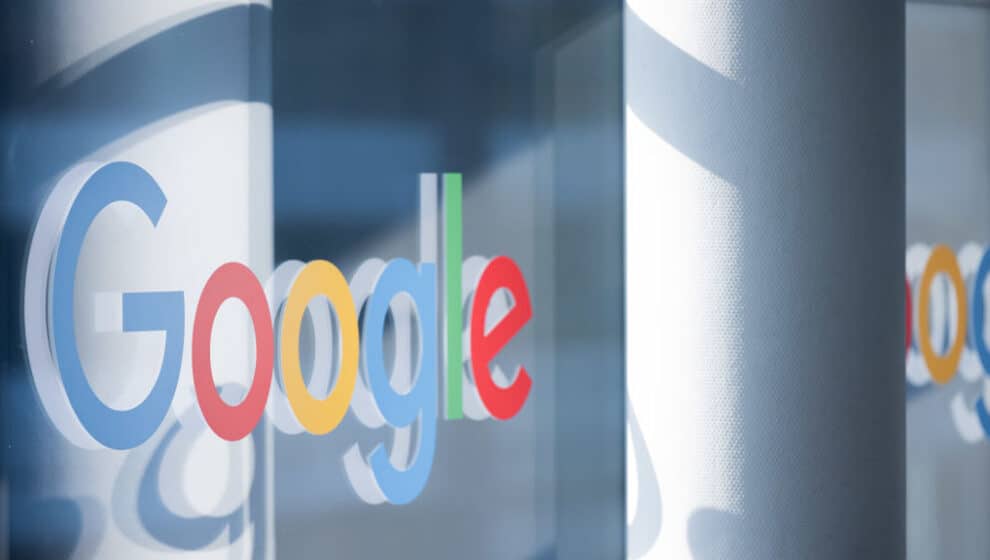After partnering with Cambridge and Bristol Universities, Google researchers have a new suggestion for diluting misinformation.
Key details
In an effort to minimize the effects of misinformation, researchers at Google, the University of Cambridge, and the University of Bristol developed an approach to educating viewers about misinformation before they see it—a method they call “pre-bunking.”
By showing viewers videos educating them on how misinformation is often framed, researchers found that the viewers were somewhat more likely to identify misinformation on their own. The method does not necessarily dissuade individuals from their already formed political biases, the researchers found.
Researchers conducted seven experiments with approximately 30,000 participants. To reach a wide variety of people, the researchers purchased ad space on YouTube to show 90-second animated videos to U.S. viewers. The videos instructed viewers about propaganda and manipulation techniques such as scapegoating and deliberate incoherence.
Just 24 hours after viewing, researchers tested the participants and found that there was a 5% increase in participants’ ability to recognize propaganda and manipulation methods, The New York Times reported.
Technology incubator Google Jigsaw plans to start running an ad campaign featuring these videos on YouTube, Facebook, Twitter, and TikTok for viewers in Poland, Slovakia, and the Czech Republic by the end of this month. There are currently no plans for a similar campaign in the U.S.
Why it’s news
The last several election cycles have been tainted by “fake news.” Not only have social media sites been flooded with false information, but opposing candidates have weaponized the term misinformation to attack one another.
Misinformation, and what to do about it, has been a growing concern among voters. Social media sites are taking action by implementing these fact checking measures.
Not everyone is a fan of social media sites deciding what’s false and what isn’t. When groups or individuals are banned from social media—like Bobby Kennedy’s Children’s Health Defense just was—some applaud while others cite First Amendment violations.
There’s no easy solution to the misinformation debate. This election cycle will be telling when considering the effectiveness of fact checking measures.Notable quote
“This is one of the few misinformation interventions that I’ve seen at least that has worked not just across the conspiratorial spectrum but across the political spectrum,” said researcher Beth Goldberg.
